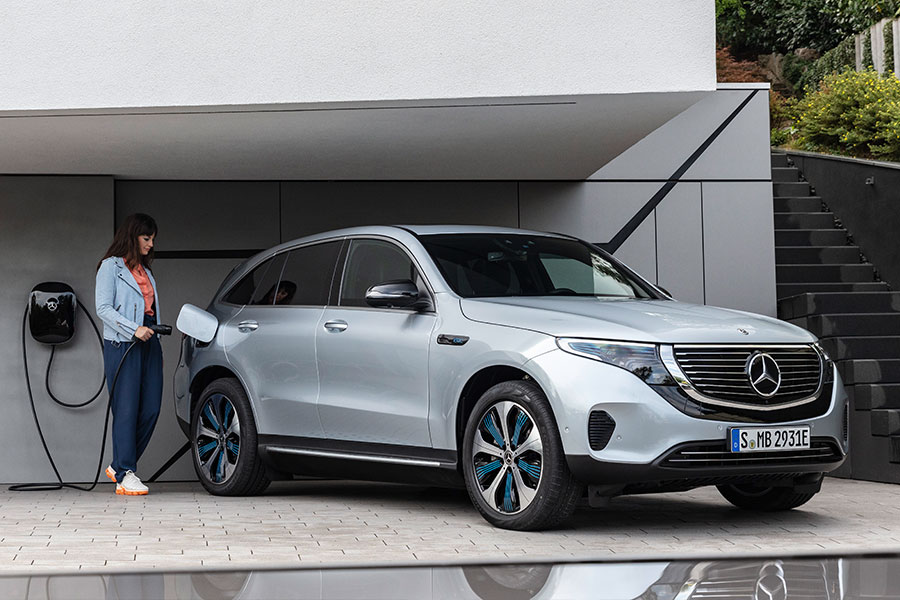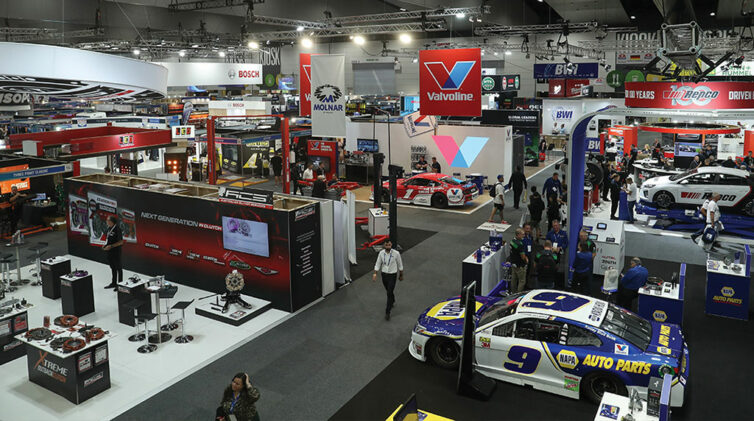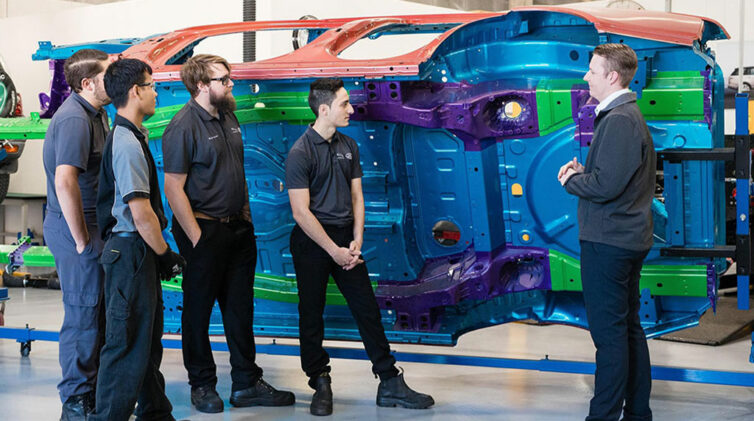The Society of Motor Manufacturers and Traders (SMMT) warned that reducing the purchase incentives for zero-emission cars by one-third and completely removing the grant for plug-in hybrids “is totally at odds with government ambition to be the world leader in the take up of ultra-low-emission vehicles announced in its Road to Zero Strategy”.
“It also sends more confusing signals to consumers and will make it virtually impossible for government and industry to meet their CO2 reduction targets,” it said.
Moves by OEMs to press for Australian government subsidies for electric vehicles remain unanswered and a change of heart in the UK is unlikely to improve the chances of the federal government underwriting sales support for EV buyers and dealers here.
Mercedes-Benz Australia/Pacific managing director Horst von Sanden told GoAutoNews Premium last month that EVs had to become more affordable to Australian consumers.
“If there is not a benefit to make EVs more affordable and the move to paying extra is too harsh, then the industry may not see the consumer jump to choose zero-emission vehicles,” he said.
Mercedes-Benz will introduce its EQC electric SUV in Australia next year. Mr von Sanden said interest has “exceeded our expectations”.
Electric-vehicle sales in Australia represent 0.12 per cent of overall new-vehicle sales to the end of September. There were 1055 EV sales in the period, compared with 9894 hybrid vehicles – equivalent to 1.12 per cent of the vehicle market.
Mr von Sanden said the subsidy issue remained a barrier to many potential EV buyers but he also criticised the ability of governments to provide sufficient electricity to charge the vehicles.
“The key to EVs in Australia is the charging infrastructure,” he said.
“The rising number of EVs, we hope, will promote a bigger charging infrastructure, but we still need to ensure that our customers have a reliable charging infrastructure. In Victoria, for example, EVs may be challenged to get power.”
In the UK, the SMMT said the Plug-In Car Grant has made zero-emission cars increasingly popular but admitted that the uptake represented only two per cent of the new-car market.
“To put this in further context, while the grant has helped incentivise 160,000 sales of plug-in hybrids over the past seven years, this represents less than half a per cent of the 34.7 million cars currently on the road,” it said.
“To grow zero- and ultra-low-emission vehicle uptake to the levels needed to make a meaningful impact on CO2 and air quality, consumers’ concerns over affordability and convenience must be addressed.”
The SMMT said that prematurely removing upfront purchase grants can have a devastating impact on demand.
“In Denmark, for example, sales of pure-electric cars plummeted by nearly 73 per cent in the year after that government announced its EV tax incentive would end. The market has still not recovered,” the SMMT said.
The grant has been responsible for the UK becoming one of the EU’s biggest markets for electrified vehicles (EVs, plug-in hybrids and hybrids), with manufacturers selling these cars into the subsidised UK market.
The SMMT said manufacturers had invested billions to bring a full range of new technologies to market to give choice to consumers with different driving needs and budgets.
The UK National Franchised Dealers Association’s latest Consumer Attitude Survey stated that cost remains the biggest barrier to EV ownership.
Of the 1000 respondents to the association’s Autumn 2018 survey, 49 per cent said that reducing the cost of alternative-fuel vehicles – including plug-in hybrids – would be the main factor in encouraging consumers to adopt a more eco-friendly form of transport.
Cheaper running costs were the second biggest selling point, attracting 11 per cent of responses.
Subsidies for the EVs are planned to be reduced from $A8300 to $A6460 from next month. At the same time, the $A4610 grant for plug-in hybrid cars – which emit less than 50 grams of CO2 per kilometre and can cover at least 16km in EV mode – will be removed.
The SMMT has called for the plug-in grants to be maintained beyond 2020, in a bid to meet the government’s Road to Zero plan which will see new non-AFV cars removed from sale in 2040.
SMMT chief executive Mike Hawes said: “Evidence shows that prematurely removing upfront purchase incentives before the market is mature can have a devastating impact on demand.”
By Neil Dowling














 Read More: Related articles
Read More: Related articles

